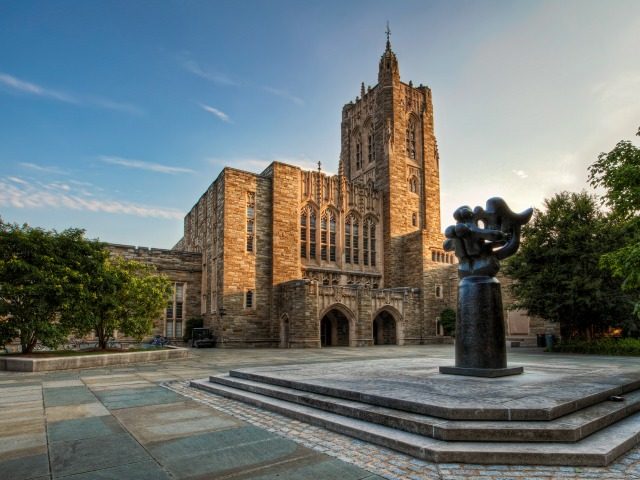Cecilia Rouse, the Dean of the Woodrow Wilson School of Public and International Affairs at Princeton University, recently wrote about the concerning lack of intellectual diversity on college campuses and academia’s curious desire to ignore its significance.
Writing in Princeton Alumni Weekly, Dean Rouse expressed her concerns that diversity, as it is defined in contemporary academia, often only extends only to demographic differences.
I strongly believe, however, that diversity cannot be viewed solely along demographic lines. While we do not always think of diversity in terms of thought or political orientation, we should. It is critical that in our classrooms, boardrooms, and halls of government, people who have different ideological viewpoints interact and work together to debate the important issues of our day.
She argues that students must be forced to challenge their own assumptions by thrusting themselves into academic environments which are designed to stimulate critical thinking through an examination of a diverse array of ideas.
Diversity of opinion punctures the echo chamber. Working with someone who thinks differently requires a reexamination of one’s own assumptions and forces a deep dive into why people can come to different conclusions when presented with the same set of facts.
Students surveyed in 2016 at Yale University largely agreed that conservative viewpoints were “unwelcome” on campus. To rectify this increasing trend of political tension on college campuses, Rouse argues that academic environments must be cultivated so that everyone feels welcome expressing their opinions, regardless of their viewpoint.
We are taking steps to ensure that Princeton is a community where students and faculty of all political stripes feel free — and in fact are encouraged — to express their opinions. At the Woodrow Wilson School, for example, we bring in speakers from across the ideological spectrum, we have faculty who have worked for both Democratic and Republican administrations, and we reach out to conservative and liberal organizations when recruiting applicants for our master’s programs. We need to continue to take these and other steps as we strive to achieve true inclusivity.
She concludes by quoting diversity advocate Verna Myers: “Diversity is being invited to the party. Inclusion is being asked to dance.”
“True inclusion,” Rouse adds, “is being one of the people who has a say in what music is played.”
Tom Ciccotta is a libertarian who writes about education and social justice for Breitbart News. You can follow him on Twitter @tciccotta or email him at tciccotta@breitbart.com

COMMENTS
Please let us know if you're having issues with commenting.